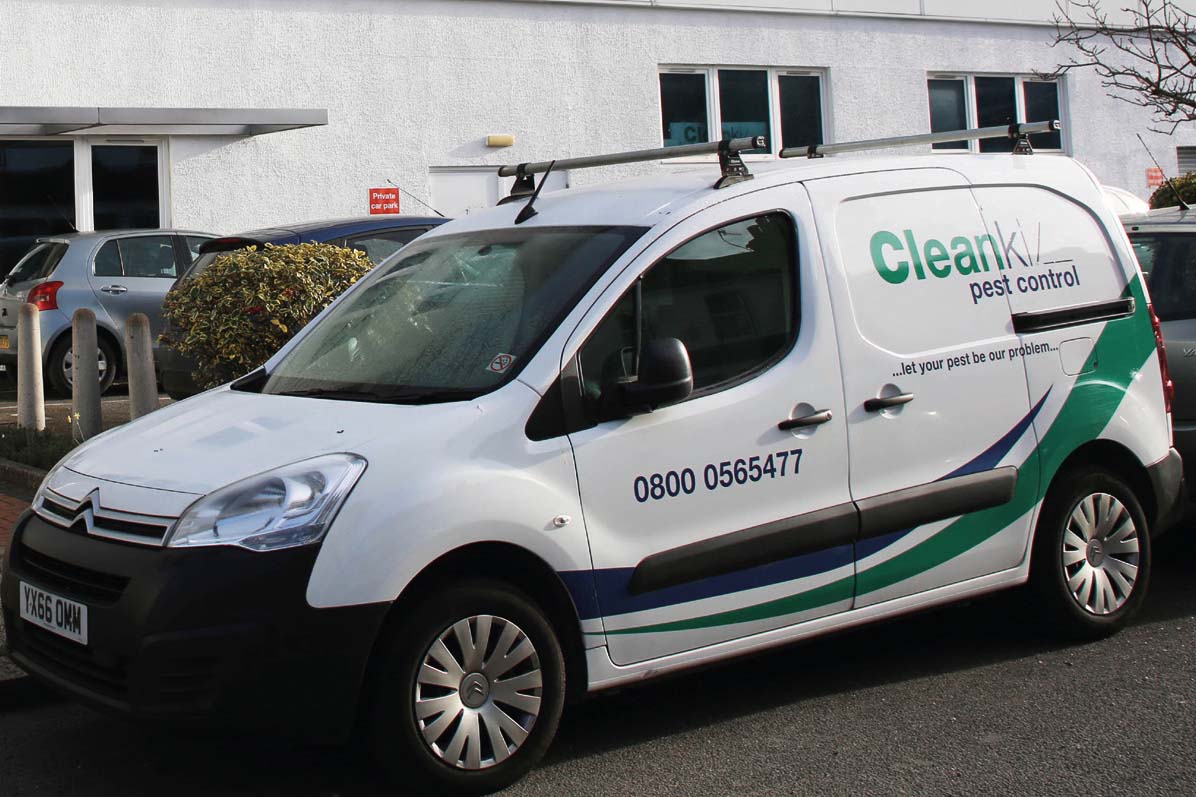
National Savings & Investments (NS&I) is a firm favourite among UK savers, who appreciate its secure government backing and the excite-ment of its premium bond prize draws. Yet with interest rates on its products typically below the rate of inflation and often lower than those offered elsewhere, it might be worth considering alternative options. The decision that’s right for you will depend on your individual needs and goals, which a financial adviser can provide clarity over. In the meantime, here are some alternatives to consider.
Cash savings
With interest rates at historic lows, it can seem an uphill struggle to get a return on cash savings. But it is wise to have an accessible pot of cash for use in an emergency, or simply to meet regular bills if you face a salary cut. Financial advisers typically recommend holding six months’ worth of essential spending in an easy-access account.
You can find the top paying accounts using comparison sites such as moneyfacts.co.uk and moneysupermarket.co.uk. These compare accounts from NS&I alongside a whole host of banks and building societies.
Fixed-rate savings accounts tend to offer slightly higher returns, but you need to be willing to commit your money for between two and five years. If you withdraw money before the end of the fixed-rate period you might have to pay a penalty, so this option probably isn’t suitable if you’re holding cash for its easy accessibility.
Bear in mind that all deposits held with NS&I are protected by the government. With a bank or building society, a maximum of £85,000 per person, per banking licence is protected by the Financial Services Compensation Scheme. Depositing no more than £85,000 with the same banking group could help you earn the best rates while keeping your money safe.
Stock market investing
If you’ve built up a cash buffer and have some time on your hands before you need the money, you could consider investing in the stock market. Investing carries risk but history shows that, over the long term, equities tend to outperform cash and grow above the rate of inflation.
The stock market is volatile, which means you should be comfortable committing your money for at least five years, ideally longer. This will hopefully give your investments time to recover from any market downturns.
Spreading your money across a range of asset classes, including equities, bonds and cash, can help to minimise the impact of losses on your overall portfolio. This is because different assets tend to perform differently to one another in a range of market conditions. A wealth manager can help you build a diversified portfolio with the right balance of risk and reward for your individual circumstances.
Tax-efficient investing
An Investment ISA (also known as a stocks and shares ISA) not only gives your money the potential to grow over the long term, but also lets you shield your investments from capital gains tax (CGT) and income tax. If you sell investments outside of an ISA, you could be charged tax on the profits you make above your annual CGT exemption. And if your investments pay dividends or interest, this could be included when calculating your overall income tax bill, potentially pushing you into a higher income tax bracket.
Cash ISAs are also tax-efficient, but with interest rates on cash at historic lows, you could find your money starts to be eroded by inflation and loses its real value over time. For example, our analysis shows that an inflation rate of 2.5% would reduce the real value of £100 to just £53.10 after 25 years.
Another option to consider is maximising your annual pension allowance. Pension contributions benefit from tax relief, which effectively boosts your contribution by 20-45%, depending on your marginal rate of income tax. This makes pensions an extremely effective way of saving for longer-term goals.
A financial adviser can explain which options are likely to give you the best chance of meeting your objectives, including ensuring you aren’t simply hoping for a premium bond prize draw win to support your finances. With a solid financial plan in place, you can enjoy life today while being prepared for whatever the future might hold.
Lee Clark
E: lee.clark@brewin.co.uk
The value of investments, and any income from them, can fall and you may get back less than you invested. Tax treatment depends on the individual circumstances of each client and may be subject to change in the future. Neither simulated nor actual past performance are reliable indicators of future performance. Information is provided only as an example and is not a recommendation to pursue a particular strategy.
Brewin Dolphin Limited is a member of the London Stock Exchange, and is authorised and regulated by the Financial Conduct Authority (Financial Services Register reference number: 124444).Registered office: 12 Smithfield Street, London, EC1A 9BD. Registered in England and Wales – Company number: 2135876. VAT: GB 690 8994 69.





